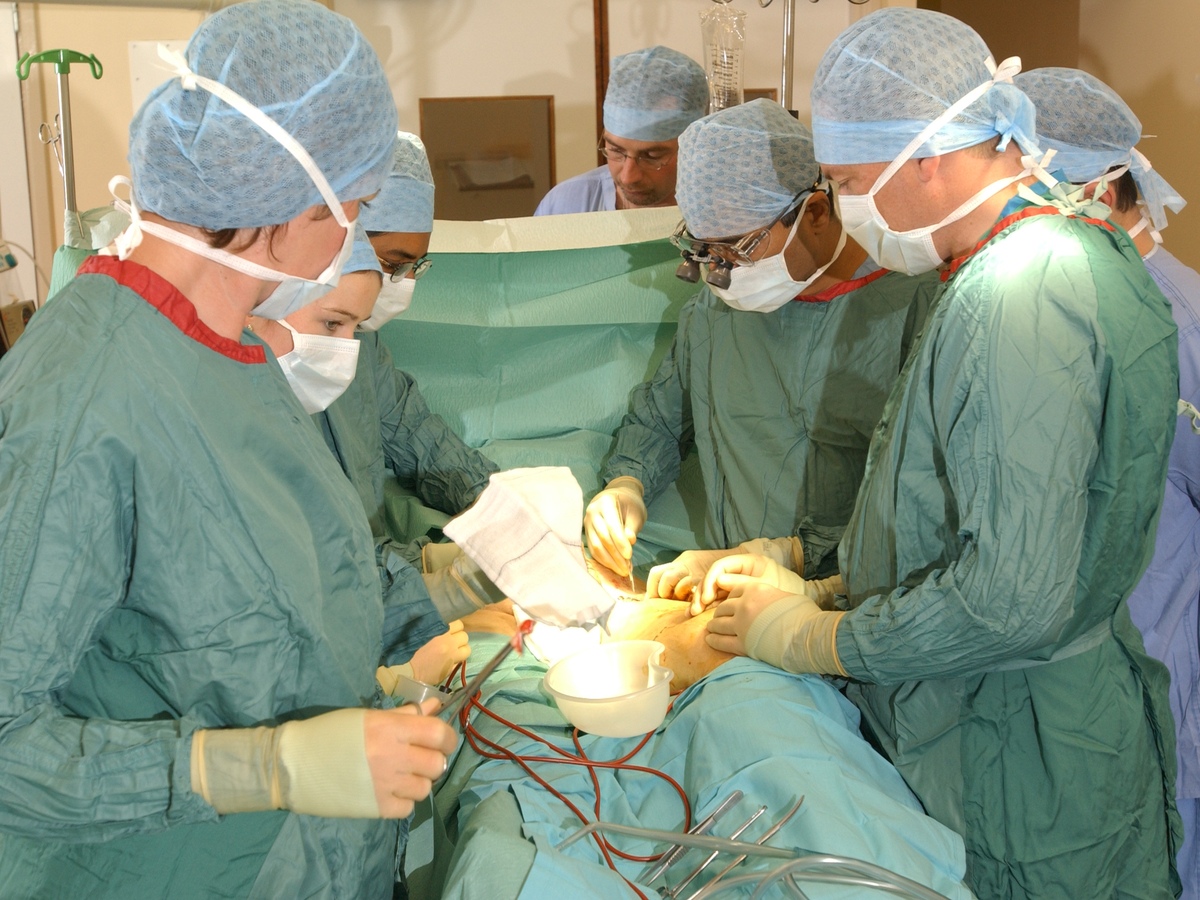Who is able to have a liver transplant?
A liver transplant is a treatment for selected patients with end-stage liver disease
Key points
- A liver transplant is a major operation
- It is a treatment option for some patients with end-stage liver disease
- Sadly, not all patients with end-stage liver disease are suitable for liver transplantation
- Your liver doctor and transplant team have to be confident that you are likely to benefit from a liver transplant
- Other treatments may be better for some patients
Who can have a liver transplant?
A liver transplant is a possible treatment for patients with end-stage liver disease. To be able to have a liver transplant, the benefits of the operation must outweigh the risks.
The following groups of patients may be suitable for a liver transplant:
- Patients with decompensated cirrhosis (also known as decompensated end-stage liver disease)
- Patients with compensated cirrhosis who go on the develop hepatocellular cancer in the liver
- Patients with sudden, acute liver failure who haven’t had long term liver disease
There are also liver diseases where a liver transplant is offered primarily to improve quality of life. This includes:
- Polycystic liver disease. These patients may require a liver transplant due to liver enlargement and poor quality of life. Associated polycystic kidney disease may require a combined liver and kidney transplant.
- Liver transplants are sometimes offered to patients with symptoms such as severe itch or confusion (encephalopathy) who are not responding to standard treatments
Disadvantages of a liver transplant
A liver transplant has lots of advantages but it also has some disadvantages, which may make it too risky for some patients.
The main disadvantages are:
- A liver transplant is a major operation lasting 5-8 hours
- The surgery can place a strain on your organs
- You have to take powerful immunosuppressant medicines afterwards, which can lead to other serious medical problems.

Reasons why you might not be able to have a liver transplant
Common reasons why a liver transplant may not be the right treatment for you include:
- You are too ill or frail to cope with the surgery and aftercare
- You have recently had cancer, a serious infection, a heart attack or a stroke
- You may struggle taking the immunosuppressant medicines after a liver transplant
- Some patients experience psychological difficulties afterwards
Other treatment options
For you to be suitable for a liver transplant the benefits must outweigh the risks. If your liver doctor feels a transplant is too risky, they might advise other treatments instead.


